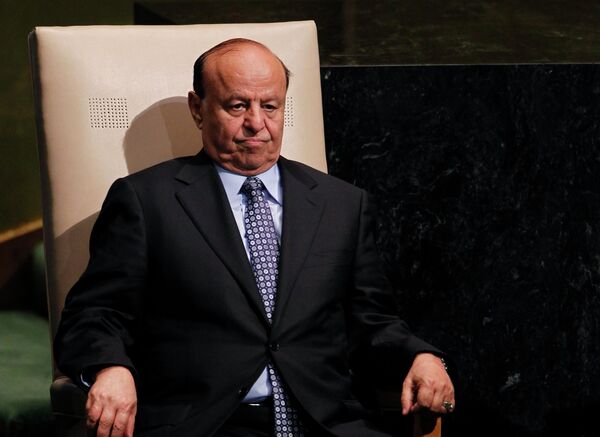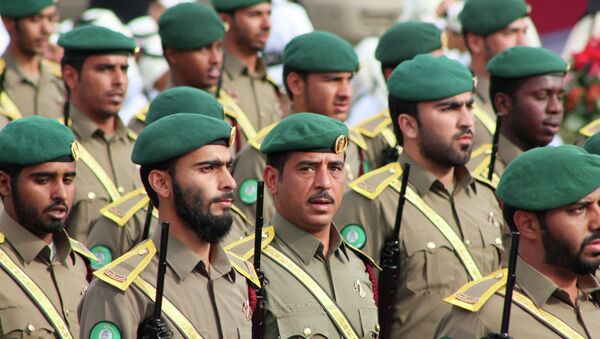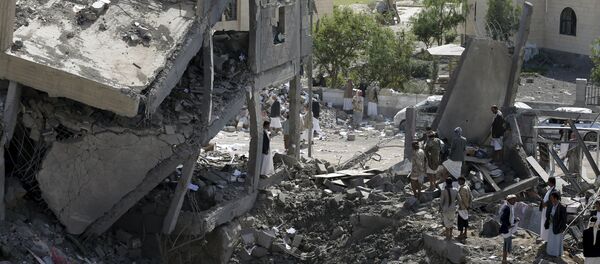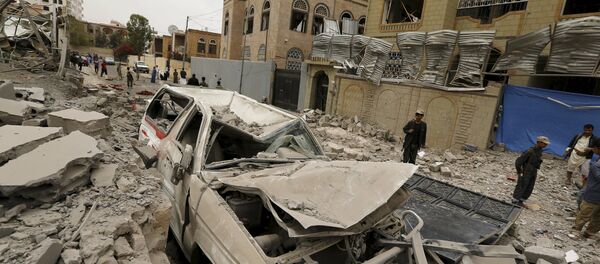Qatari news channel Al Jazeera reported that the extra deployment of troops was made as part of a renewed push to crush Shia Houthi groups in Yemen’s capital of Sanaa, after the rebels forcibly took control of large parts of the country earlier this year.
Qatar sends 1000 troops to #Yemen to join Gulf forces massing for "final" battle for Sanaa http://t.co/Y4YZVhSYhM pic.twitter.com/4f0oCsiW0K
— Bel Trew — بل ترو (@Beltrew) September 8, 2015
The international coalition of Gulf countries, headed by Saudi Arabia have said they are defending the democratic right of Yemen and protecting the region from Iranian influence. However, the Houthis deny they are being propped up by Tehran and have accused the exile Hadi government of being Western puppets, serving the US' strategic interests.
It’s thought that those involved in the Saudi-led coalition are planning on stepping-up their bombing campaign in the capital, with the help of the additional ground troops.
Along with the additional troops entering Yemen, it was reported that significant increases in military equipment, such as Apache helicopters, armored vehicles and rocket launchers were also being sent to assist the coalition.
More Boots on the Ground
Qatar, along with Saudi Arabia and Bahrain, have now deployed ground troops in Yemen, according to the reports, in a seemingly significant shift away from the original strategy of combining air strikes with Yemeni forces loyal to ousted President Abd Rabbuh Mansur Hadi.

In addition to the extra deployment of Qatari troops, Saudi-owned newspaper Al-Sharq Al-Awsat reported that a further 6,000 Egyptian and Sudanese forces would be sent to the country, while there have been other suggestions that Kuwait, Morocco and Jordan may also dispatch troops.
While the reports claim that the appointment of more ground troops is part of the broader plan to defeat the Houthi rebels, it has also been suggested that the Saudi-led coalition have been forced to put boots on the ground due to a failure of the original airstrike strategy.
Loyalist Yemeni forces and Gulf troops helped re-capture the southern port of Aden in July, however since then, there has been little gained by the coalition, amid concerns the current approach was not going to break down the Houthi defenses.
As a result the fighting in Yemen now resembles a very different type of conflict to what was in March at the commencement of Saudi-led bombing, with more ground troops adding to the fighting in towns and cities.
Civilians Bearing the Brunt
The recent spike in civilian deaths has drawn concern from officials, with UN High Commissioner for Human Rights, Cécile Pouilly, describing the humanitarian situation in the country as "untenable".
Critics of the Saudi-led intervention have argued that any further deployment of troops will only exacerbate the already dangerous situation in Yemen, and have called for greater dialogue and diplomatic measures to be taken to solve the conflict.





